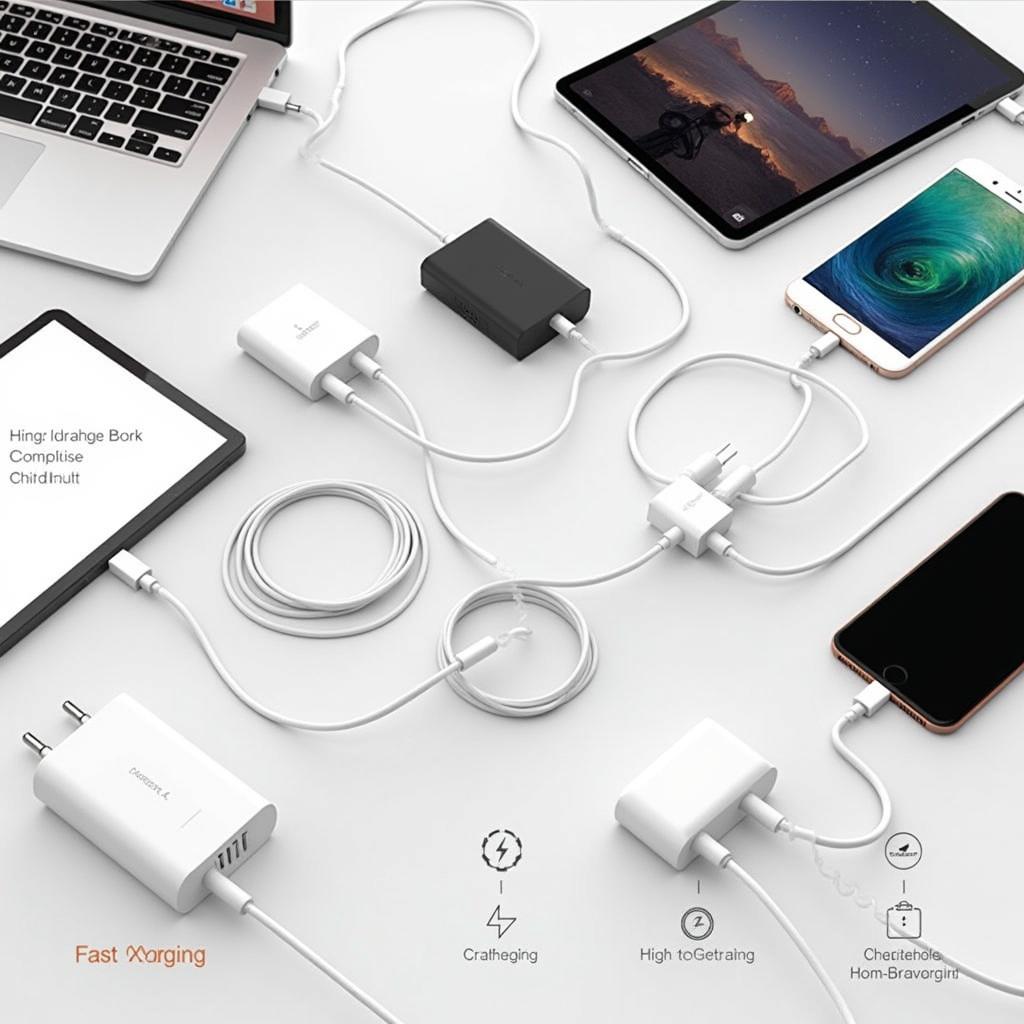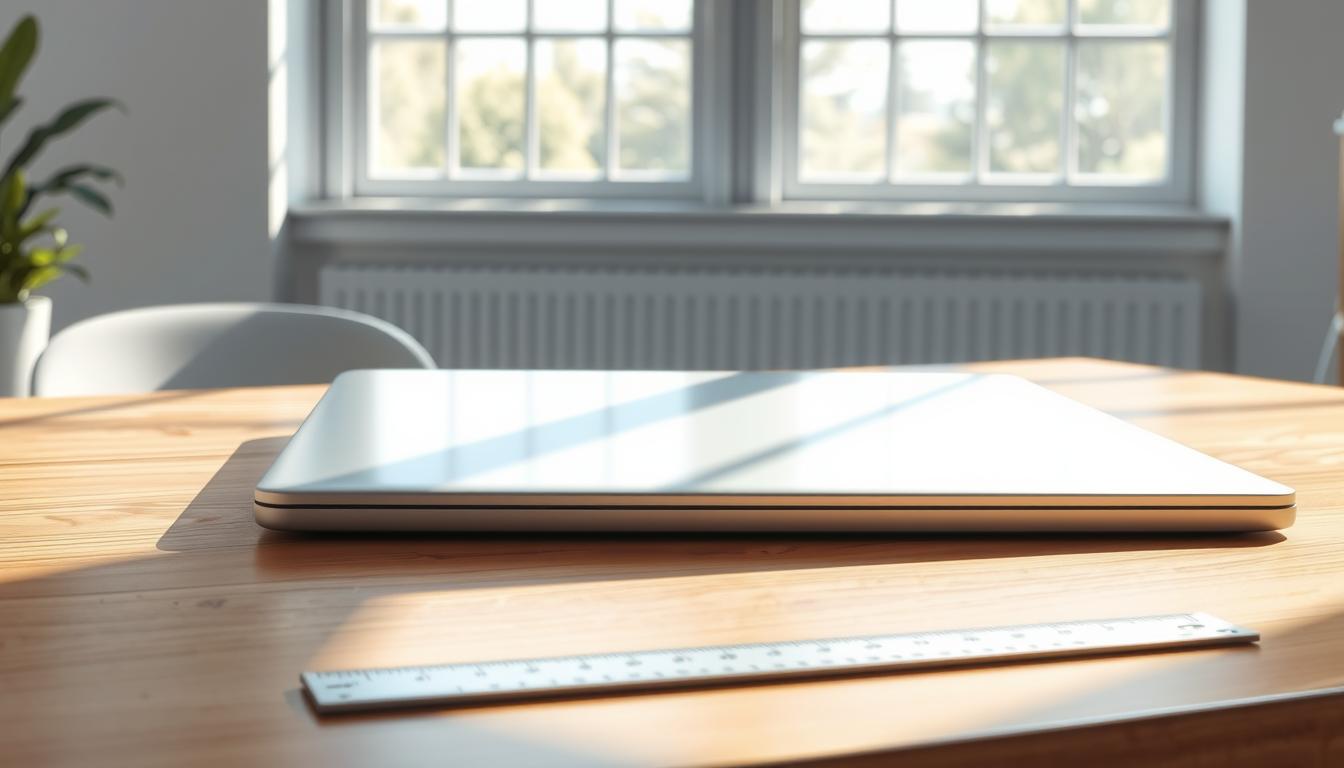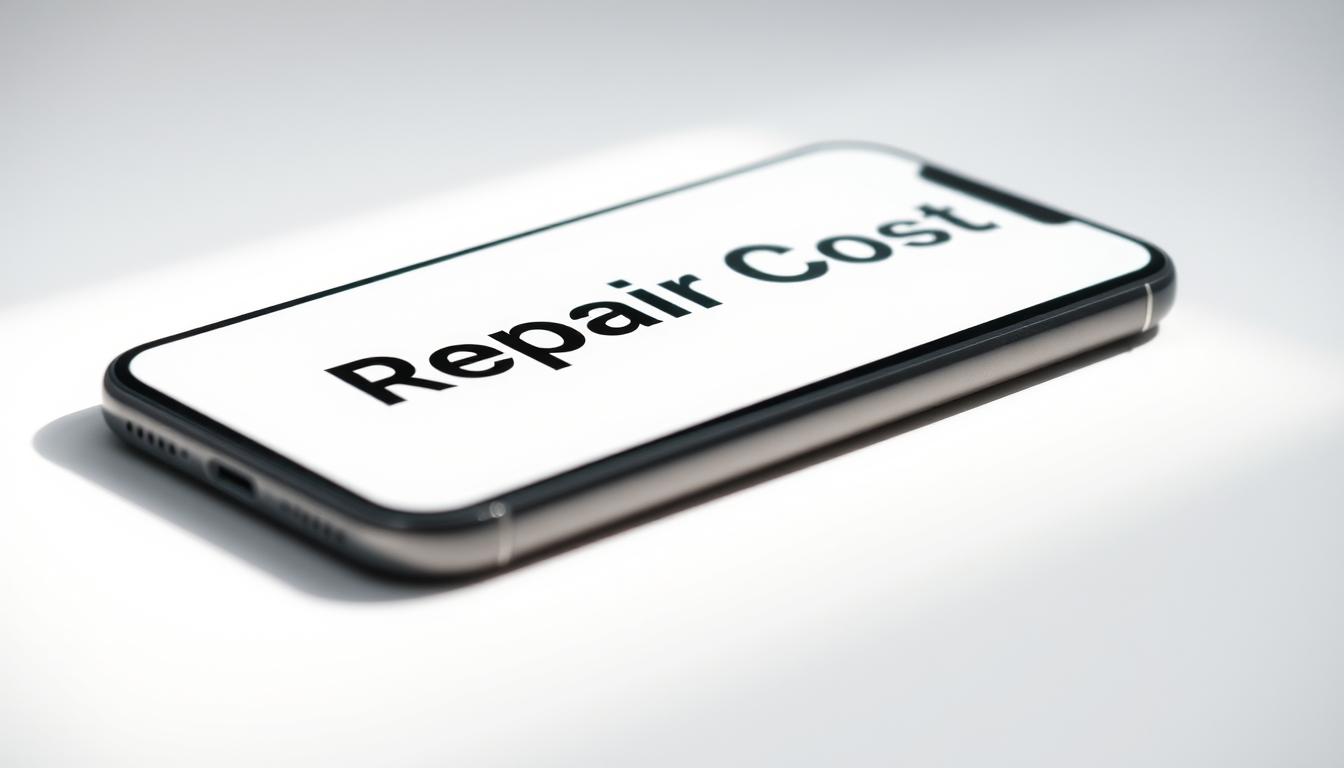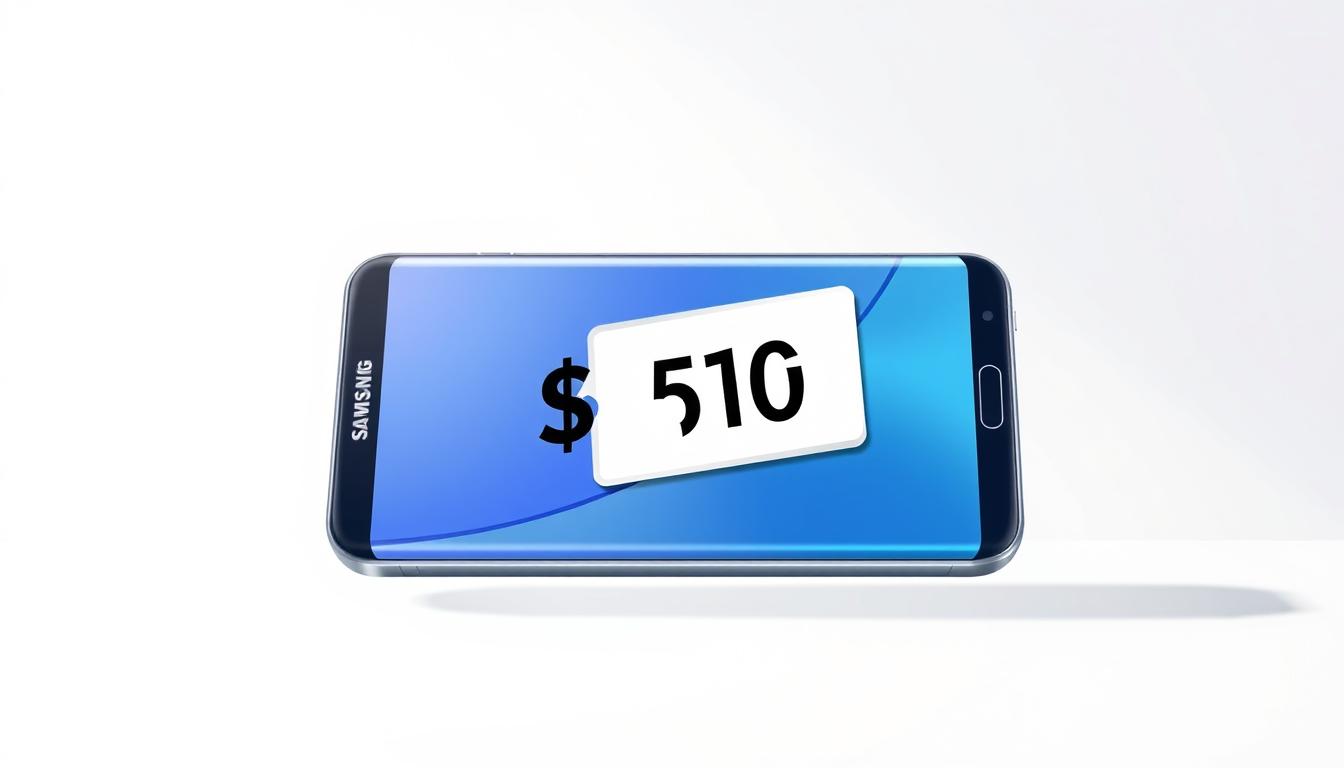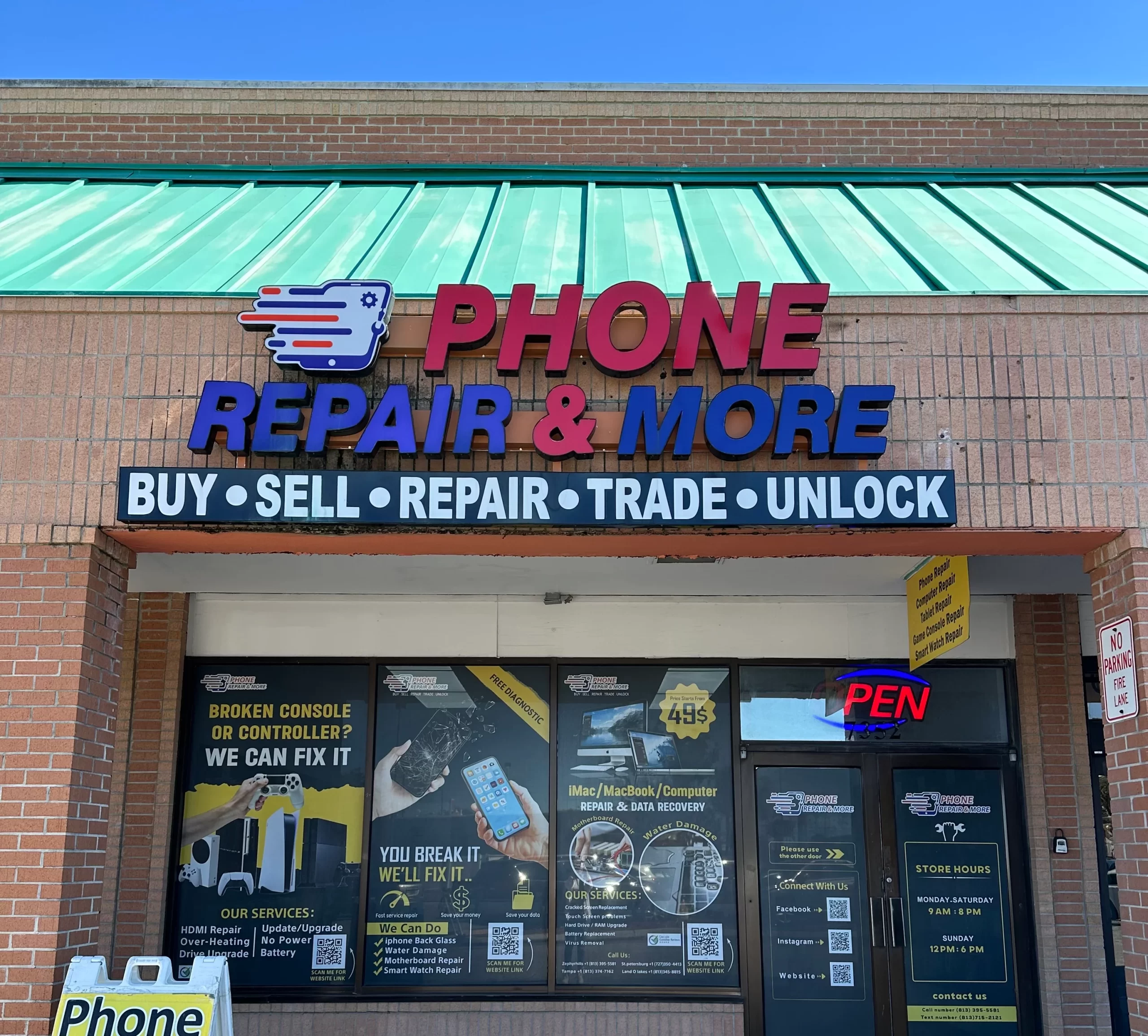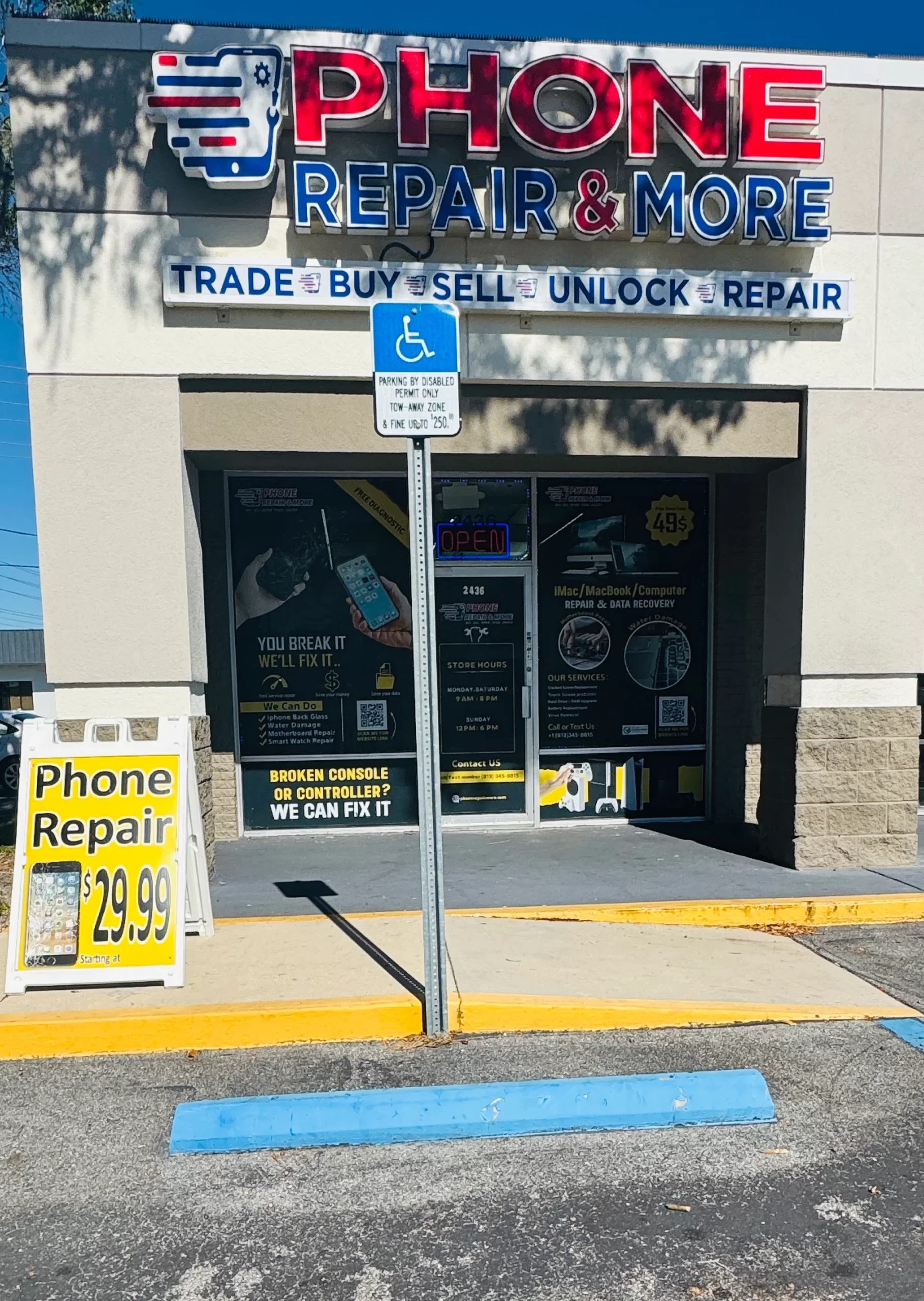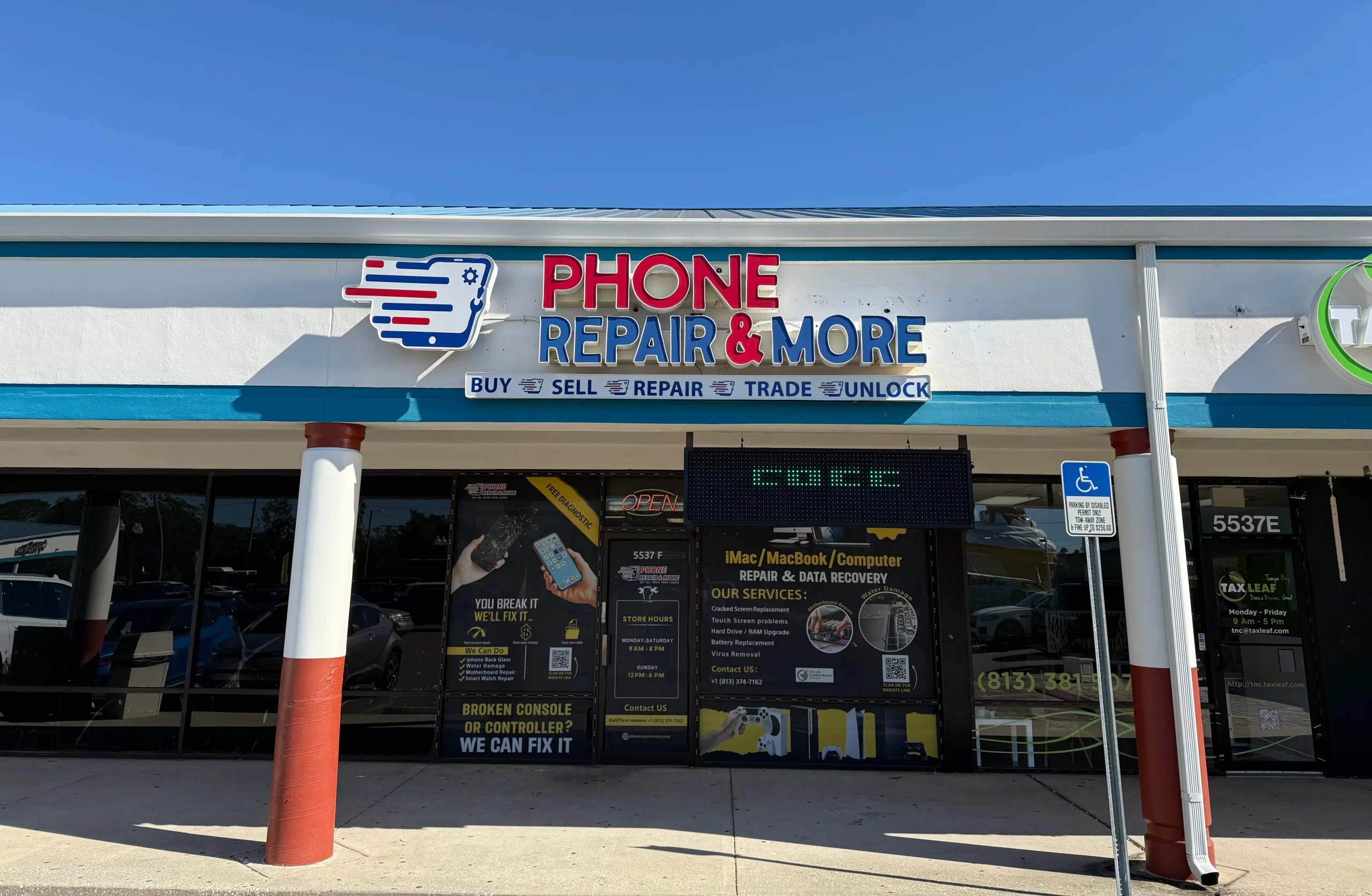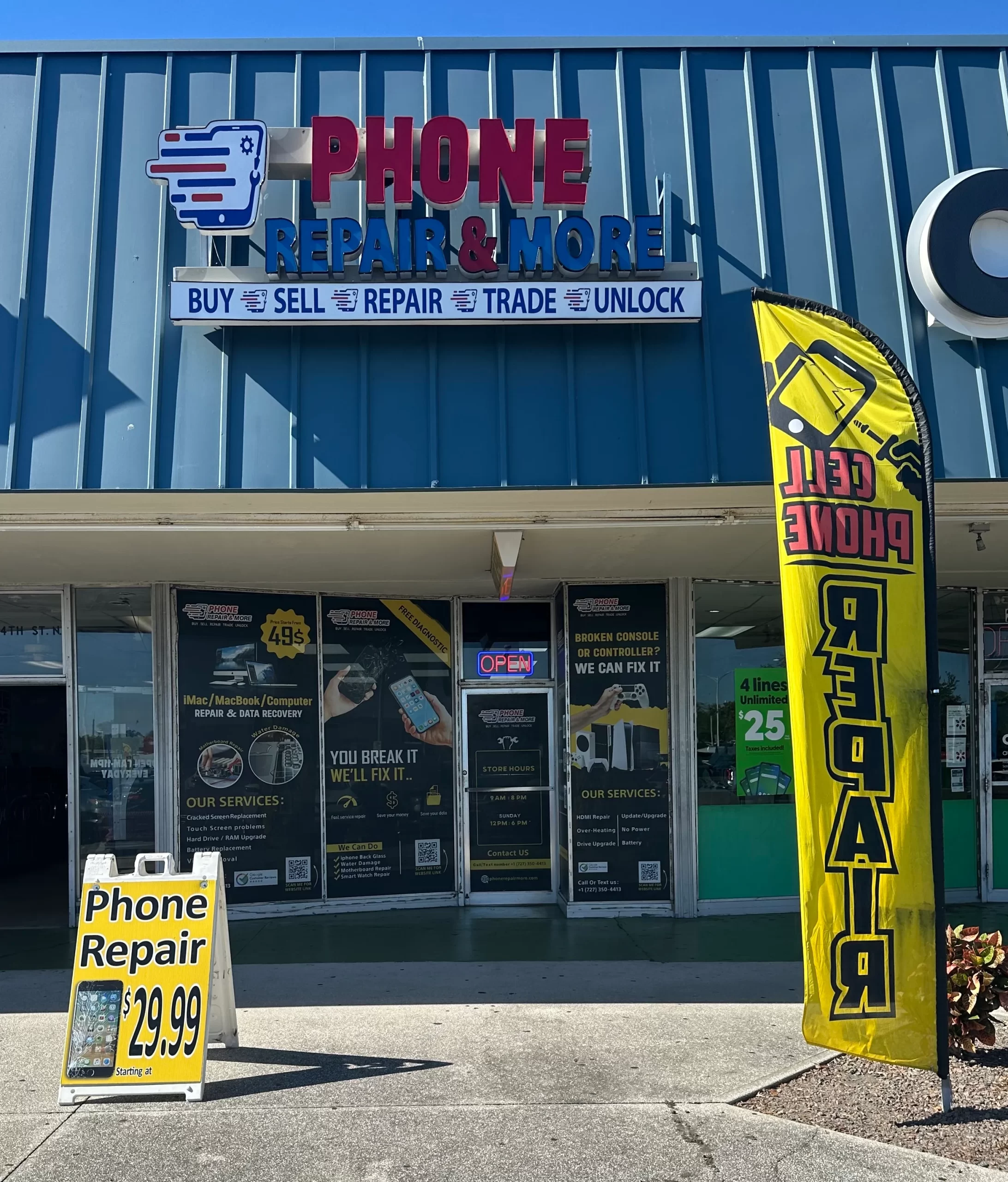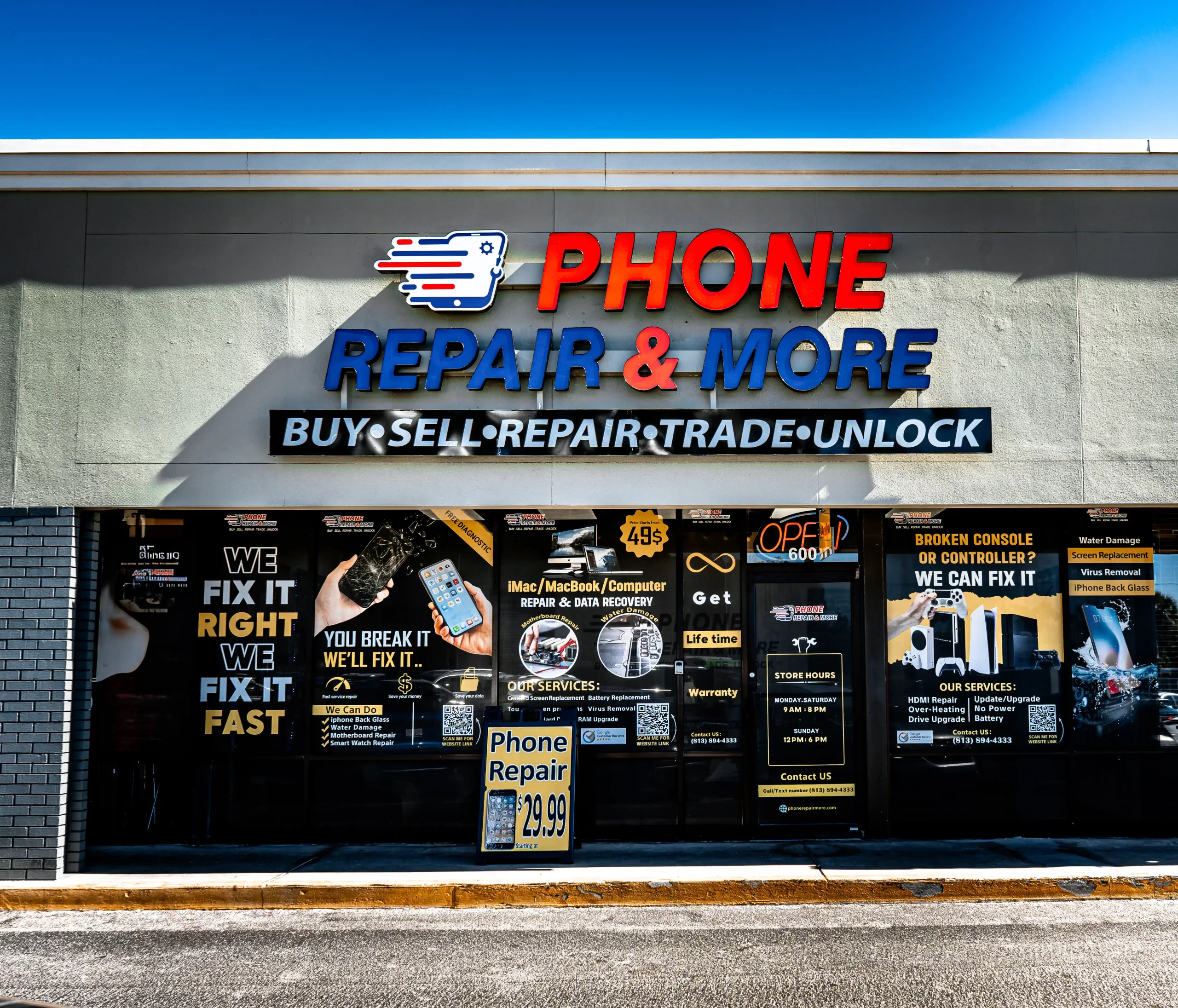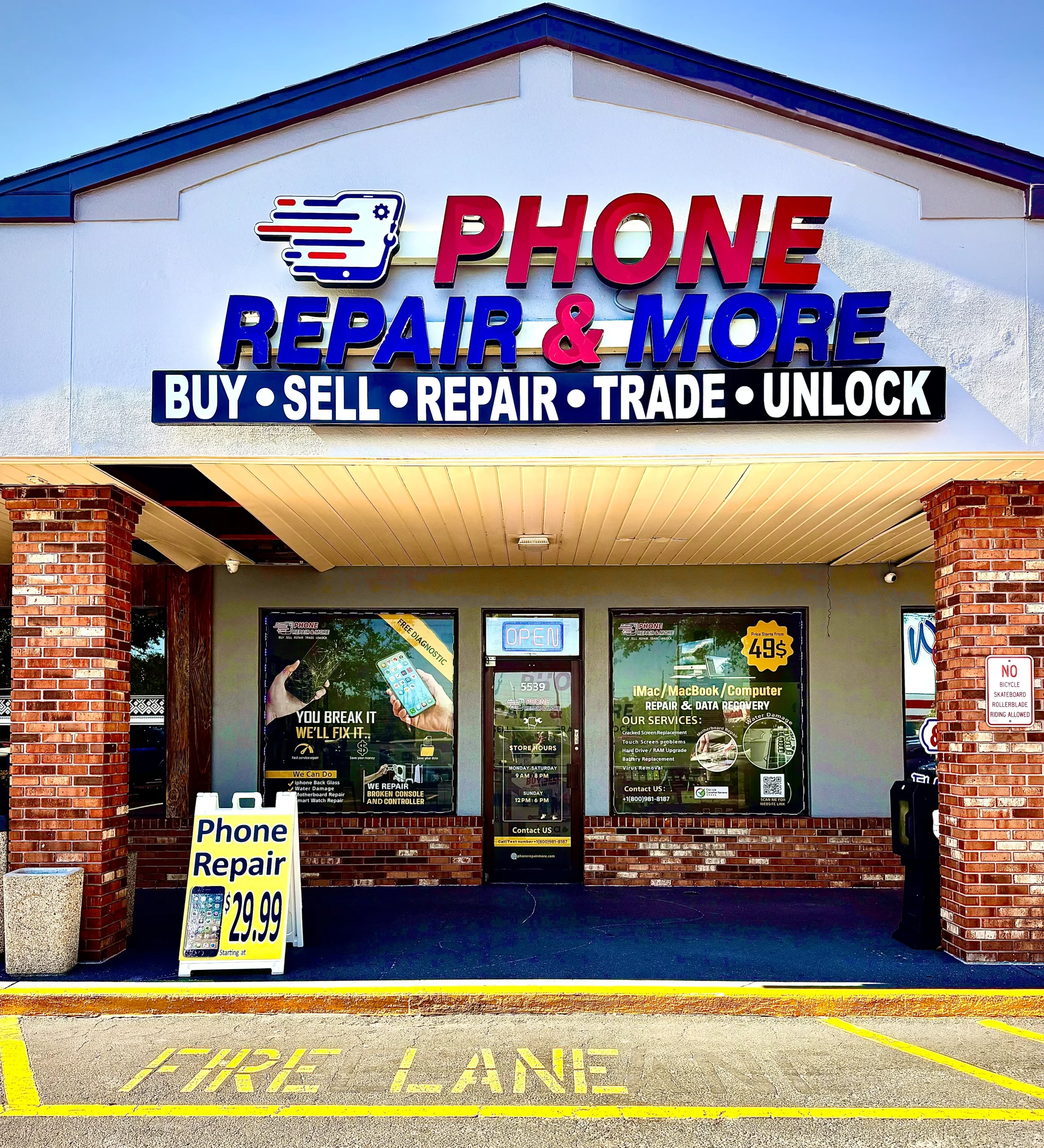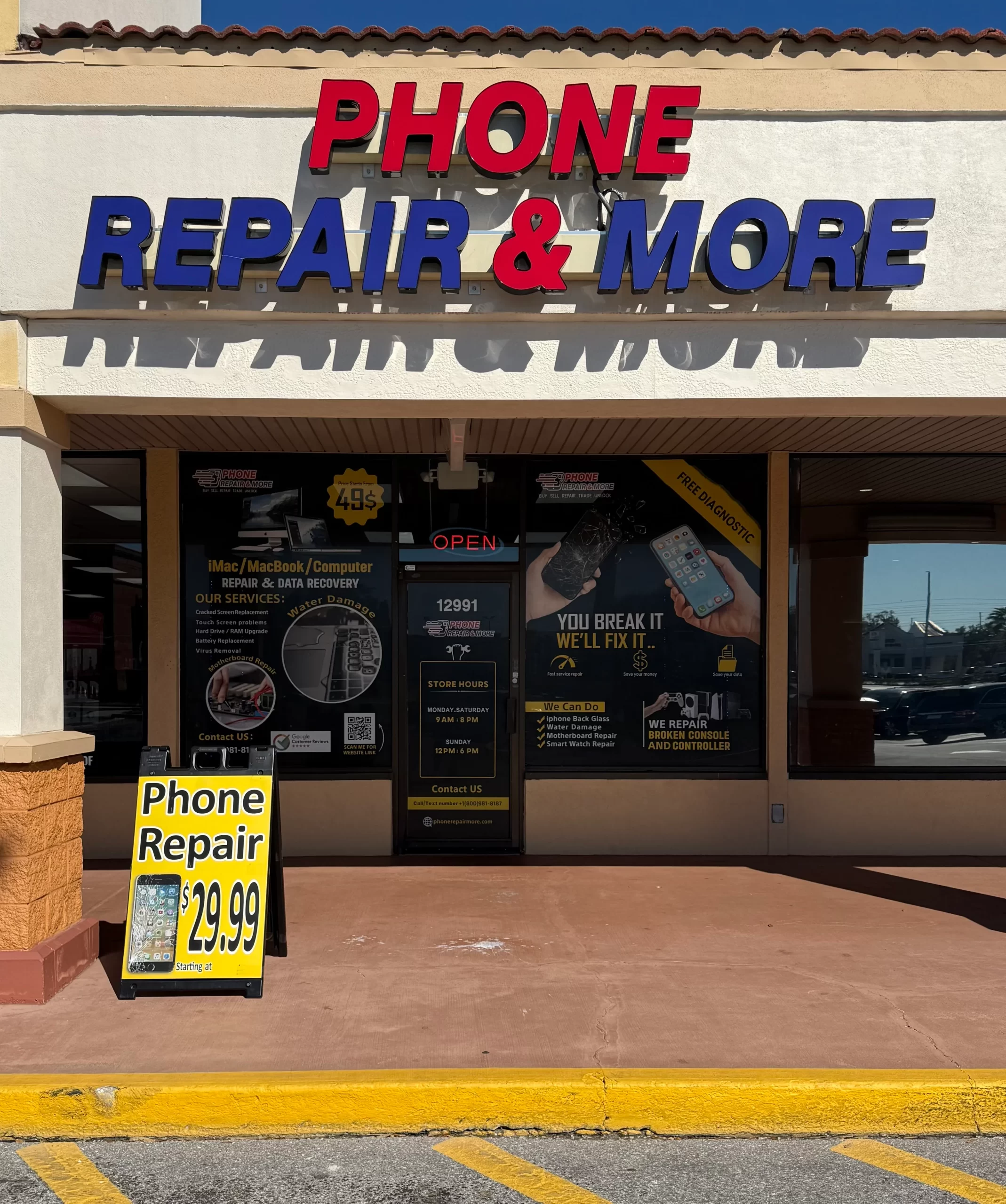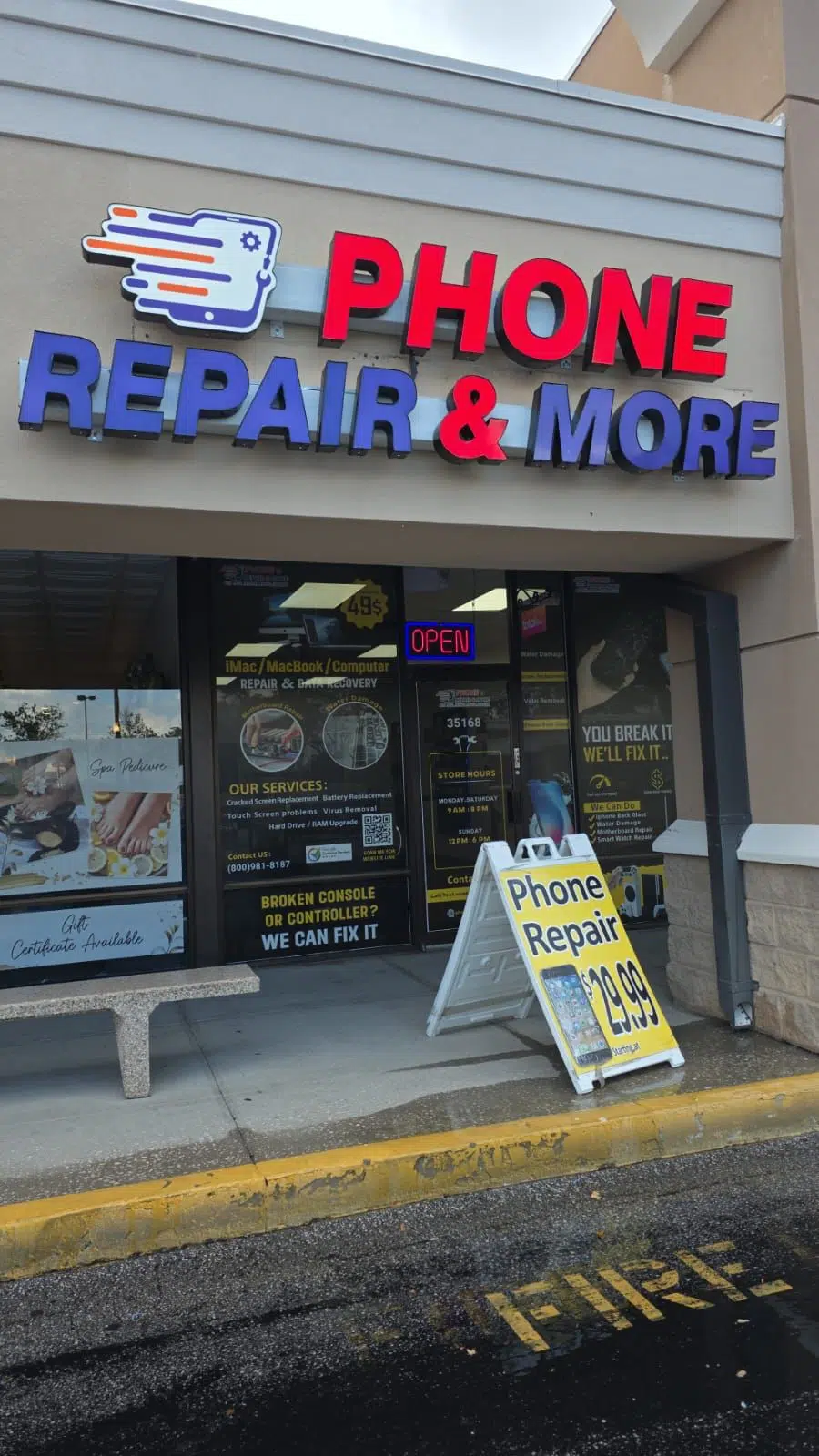Introduction
With the increasing adoption of USB-C as the universal charging standard, many devices, including smartphones, laptops, tablets, and accessories, now use USB-C ports for charging and data transfer. However, not all USB-C chargers are created equal, leading many to wonder, “Does it matter which USB-C charger I use?” The answer is yes—it can matter significantly, depending on the type of device you are charging, the charger’s power output, and its compatibility with your device. In this blog, we’ll explore the factors that determine which USB-C charger to use, the potential risks of using the wrong charger, and how services like Phone Repair & More can help with charging issues.
Table Of Contents
- Does It Matter Which USB-C Charger I Use?
- Factors To Consider When Choosing A USB-C Charger
- Phone Repair & More: Solving Charging Issues Safely
- Risks Of Using The Wrong USB-C Charger
- Frequently Asked Questions (FAQs)
- Conclusion: Choosing The Right USB-C Charger
Does It Matter Which USB-C Charger I Use?
Not All USB-C Chargers Are The Same
Although USB-C is a standardized connector, the actual charging capabilities of different USB-C chargers can vary widely. USB-C chargers come with different power outputs, measured in watts, which affect how quickly and efficiently they can charge your device. Additionally, certain devices have specific charging requirements, meaning that not every USB-C charger is compatible with every device. For optimal charging, it’s essential to use a charger that matches your device’s specifications.
Device Compatibility
Some devices, especially high-powered ones like laptops, require more powerful chargers than others. For example, using a low-wattage phone charger on a laptop will either charge it very slowly or not at all. In contrast, using a charger with too high of a wattage on a smaller device, like a smartphone, can cause overheating and reduce the lifespan of the battery. Checking your device’s manual or manufacturer’s recommendations will ensure you’re using the correct USB-C charger.
You May Also Check: Can I Use A Regular USB-C Charger For My Laptop?
Factors To Consider When Choosing A USB-C Charger
Wattage And Power Delivery (PD)
One of the most critical factors to consider when selecting a USB-C charger is its wattage. Power Delivery (PD) is a USB-C feature that allows devices to charge faster by delivering higher levels of power. For example, smartphones may require chargers with 18-30 watts, while laptops can need anywhere from 45-100 watts. Ensure that your charger has enough wattage to charge your device efficiently without causing damage.
Quality Of The Charger
Not all USB-C chargers are built to the same standard. Cheap, unbranded chargers may lack the safety features required to prevent overheating, short-circuiting, or overcharging. It’s important to invest in a high-quality charger from a reputable brand to protect your device. Look for chargers that are certified by organizations like USB-IF, which ensures they meet safety and performance standards.
Phone Repair & More: Solving Charging Issues Safely
Professional Charging Solutions
If you’re experiencing charging problems with your device, whether it’s due to a faulty charger or charging port, Phone Repair & More offers professional repair services to help. Their experienced technicians can diagnose charging issues, replace damaged charging ports, and recommend the right charger for your device. Using their services ensures that your device will be charged safely and efficiently.
Battery Replacements And More
In cases where your device isn’t charging due to a faulty battery, Phone Repair & More can replace your battery to restore your device’s functionality. They also offer solutions for devices that suffer from overheating or battery drain, providing a full range of services to keep your device in optimal condition.
Recommended: Can The Wrong Charger Ruin Your Laptop?
Risks Of Using The Wrong USB-C Charger
Overheating And Battery Damage
Using a charger that delivers too much power or lacks proper safety mechanisms can lead to overheating. Overheating not only damages your device’s internal components but also shortens battery life. In extreme cases, it can even cause the battery to swell or explode.
Slow Charging Or No Charging
Using a USB-C charger with too low of a wattage will result in slow charging or no charging at all. This is especially common with devices that require high-power chargers, such as laptops. If your charger isn’t delivering enough power, it can cause your device to lose battery life faster than it charges.
Warranty And Safety Concerns
Using third-party or unbranded chargers that aren’t approved by your device’s manufacturer can sometimes void your warranty. It can also introduce safety risks, as uncertified chargers may not meet industry standards for electrical safety.
Frequently Asked Questions (FAQs)
Does It Matter Which USB-C Charger I Use?
Yes, it matters. Using a USB-C charger with the wrong power output or a low-quality charger can result in slow charging, battery damage, or safety risks.
How Can I Tell If A USB-C Charger Is Compatible With My Device?
Check your device’s manual or the manufacturer’s recommendations to find out the required wattage. Always opt for certified chargers from reputable brands.
Can Phone Repair & More Help With Charging Issues?
Yes, Phone Repair & More can diagnose and fix charging problems, replace batteries, and ensure you’re using the right charger for your device.
USB-C Charger Repair Near Me
Choosing the right USB-C charger is crucial for the health and safety of your device. While USB-C is a universal connector, not all chargers are the same. You need to consider factors such as wattage, quality, and compatibility to ensure optimal performance. Using the wrong charger can lead to overheating, slow charging, or even damage to your device. If you experience any issues with your device’s charging, Phone Repair & More offers expert repair services to solve the problem and provide guidance on using the correct charger. Understanding your charging needs will help protect your device and ensure it performs efficiently for years to come.

